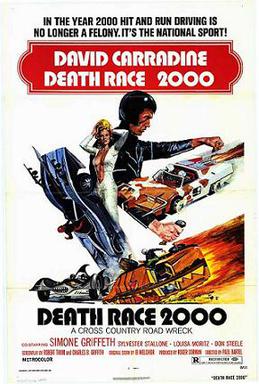I’ve noticed an interesting phenomenon
that is happening with POD books. Now that fact that I was in a position to
notice this particular practice is an artifact of a failure. I wrote an odd quirky
book that didn’t have a really good commercial hook. Then when I launched it
and I let other life stuff get in the way and it launched with almost zero effective
publicity. (Copping with Autism mean that I have plenty of experiences with
doing things fairly clumsily the first time I try them. I’ll get this
writing+selling books things down; it just may take me a couple more tries.) So
the total number of sales of POD print edition is:
And I know who has both of those.
But then I noticed this on amazon:
I’m pretty sure most of these
retailers don’t actually have a copy of An Arrow of Atossa on hand. So here is what I think is happening. I signed up An Arrow of Atossa for extended
distribution, which means that books stores, or people with book store account
on service such as Ingram or NACSCORD can by the book at a significantly reduced price, that is partially made
possible by my taking a reduced royalty on these books. This is done so h
brick-and-mortar stores can offer the book at the same retail price on it is available
online and still cover their overhead. I think the re-sellers advertising on Amazon
are bookstores that manage to contain their overhead so they can use their wholesaler
discount to undercut the amazon.com price. The thing is, one of the ways they
are probably containing overhead is by not actually ordering any copies from Createspace
until someone buys a copy from them. This means I’m not getting much greater visibility
or availability because these retailers are carrying the title.
I initially saw the smaller royalty
for sales through bookstores as a trade-off for better visibility and the faint possibility
that if I got this marketing thing done properly, someday a bookstore might
stock my book. And if the visibility then I wouldn’t get sales through that
channel and lower royalty rate would be a dead letter. Now it looks like those
lower royalty sales would mainly be siphoned off from my amazon sales. Now with
the poor sales showing I’ve made with this book it probably doesn’t matter that
much. But I’ll still probably be pulling the book from extended distribution.
The thing that is really
interesting here is that this is another potential problem of brick-and-mortar bookstores,
and while small, the current business model is already struggling. If other low
selling authors also decide that extended distribution isn’t worth the loss in
full royalty sales, then even if an indie book store wanted to shelf oddball titles, there would be and smaller selection that
they could afford. This might mean brick-and-mortar stores forced more into the
box of limited selections and mass audience only. Another interesting factory
in the ever changing world of publishing.



